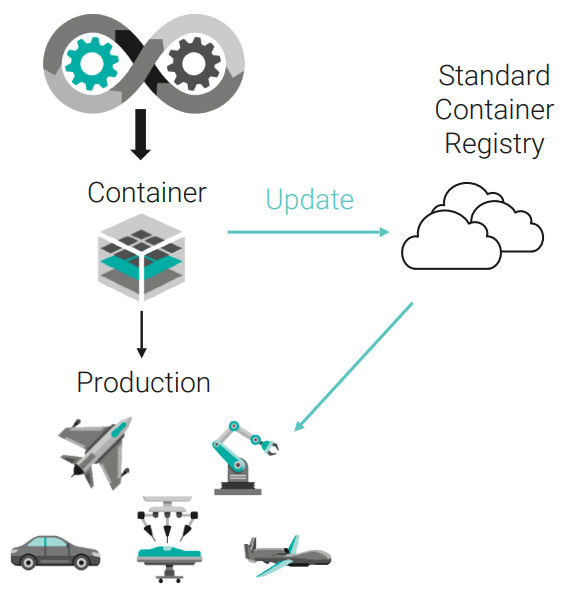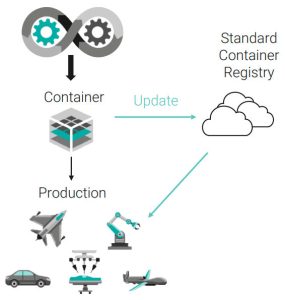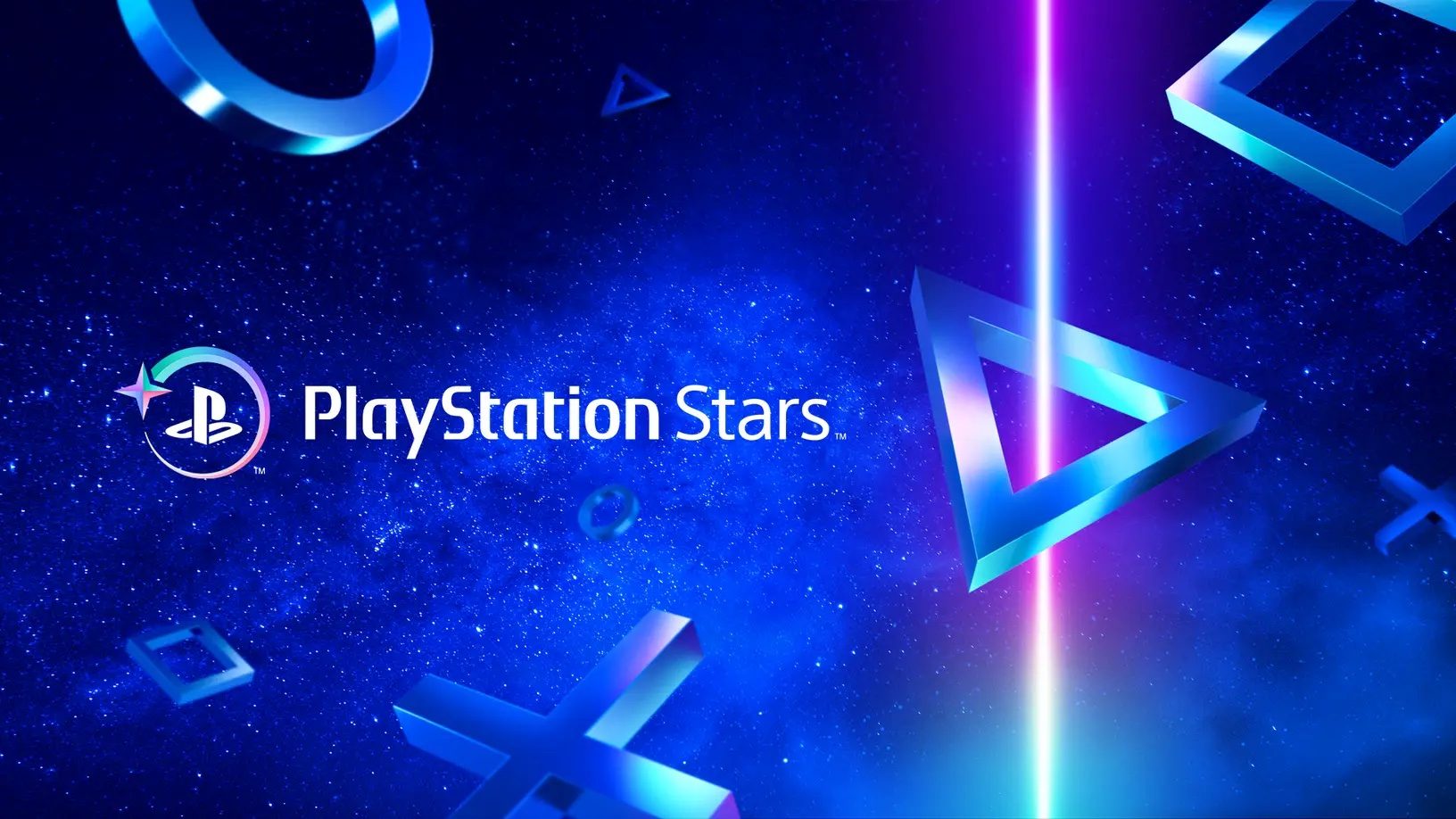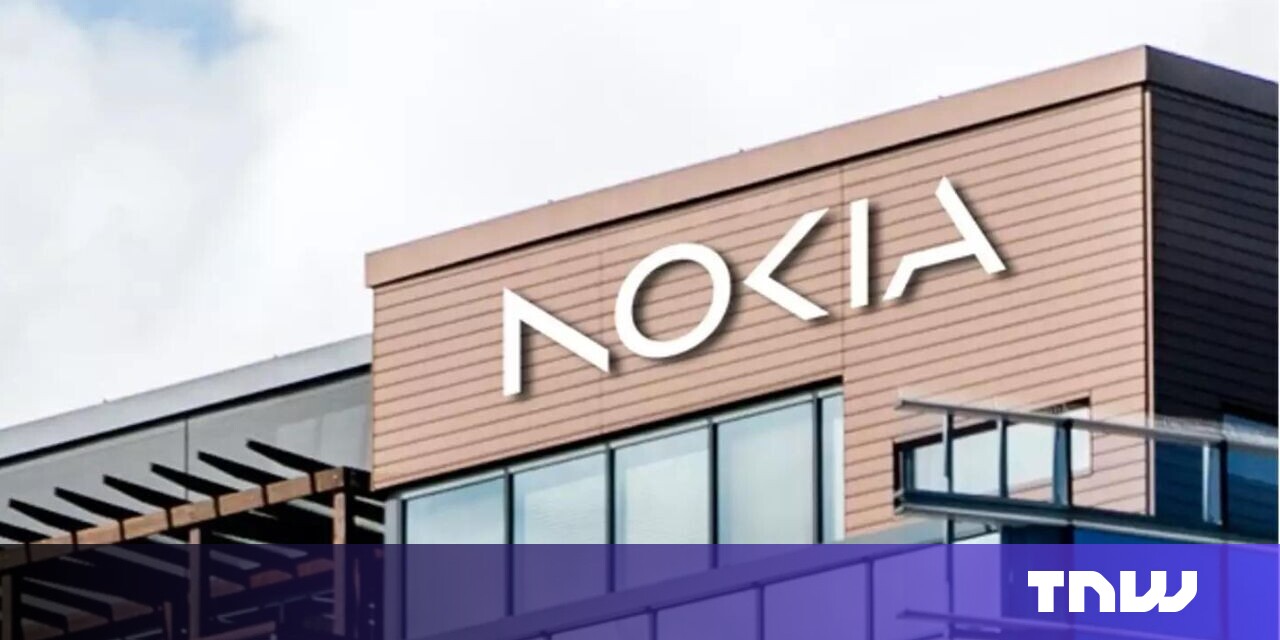
“Containers are creating a major impact across mission-critical industries, such as automotive, aerospace, defense and industrial, and are helping to advance a software-defined approach to these markets,” said Wind River chief product officer Avijit Sinha. “Our support for Cosign is helping teams further strengthen secure application deployment and updates.”
The Wind River real-time embedded container engine, first released in 2021, uses the OCI (open container initiative) specifications for packaging, distribution, runtime and runc under the CNCF (Cloud Native Computing Foundation). For application isolation, support for the overlay file system was added in 2022, and ir also has an an embedded kubelet for Kubernetes.
Secure access to the registry and secure applications was already provided, to which Cosign adds the handling of signed containers, potentially simplifying the signing and verification of containers by enabling reuse of existing development infrastructure such as cloud-managed KMS and container registries, said the company, which continued: “Teams no longer need to rely on bespoke obscure tools and workflows. They can reduce risks by leveraging open standards, known workflows, known tools and known infrastructures, to deploy, operate, manage and update real-time software for an RTOS, just as they could with Linux.”
Containers at Wind River







